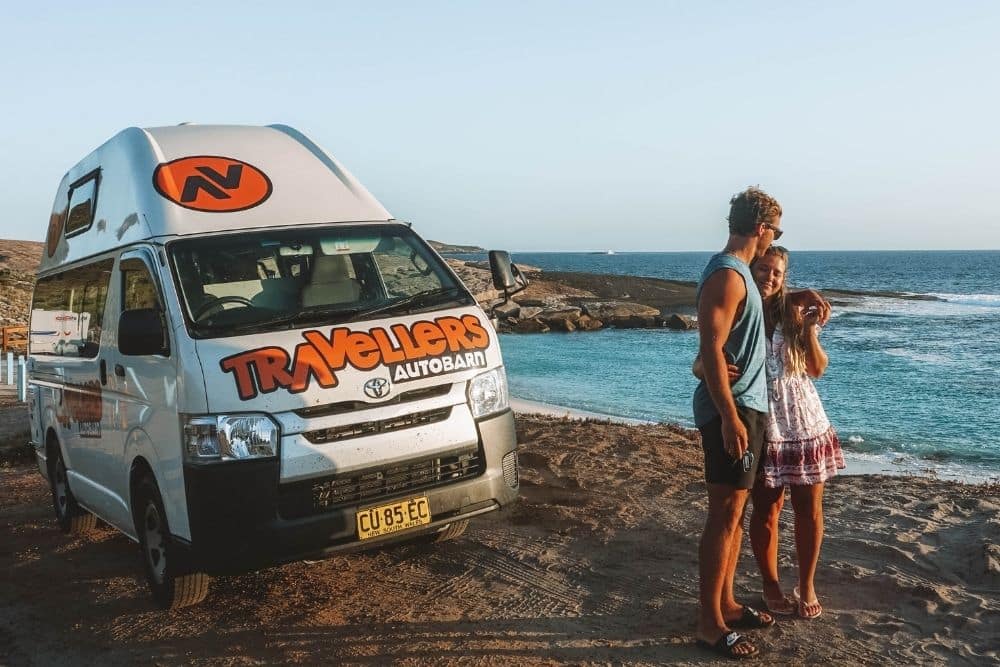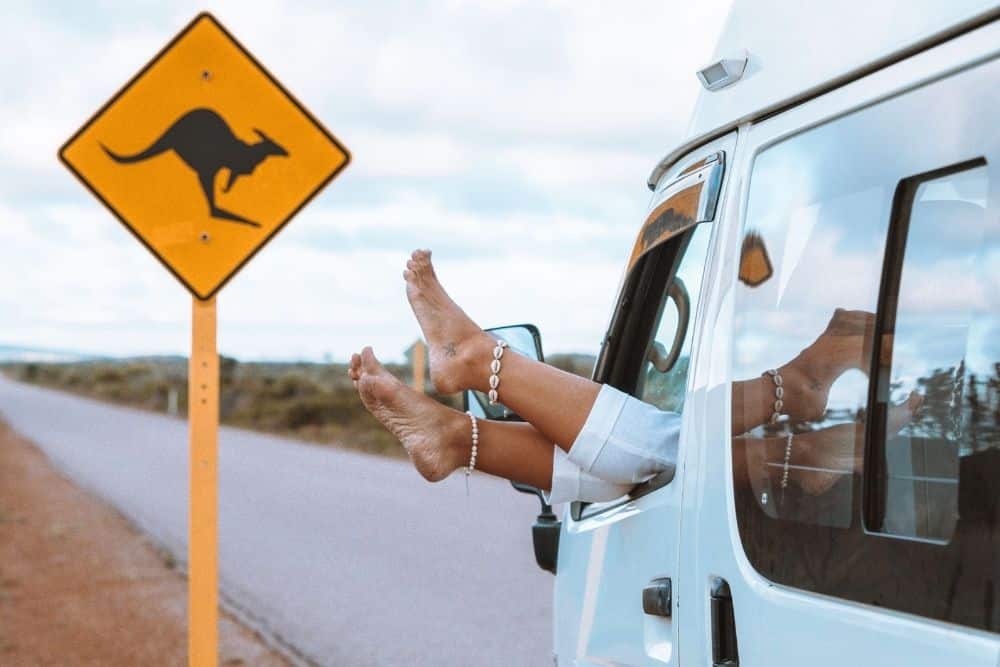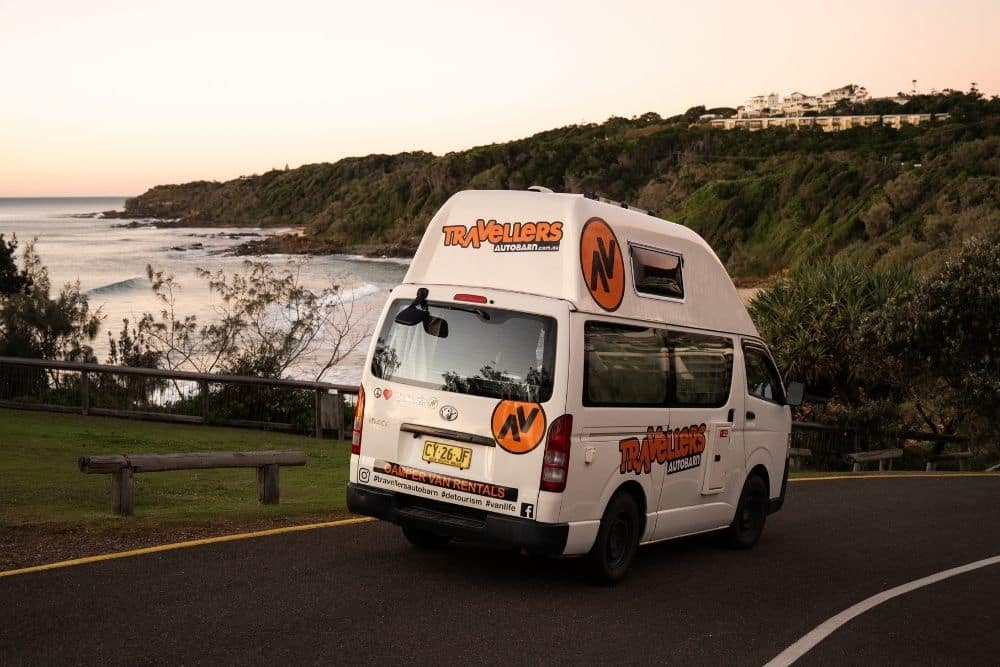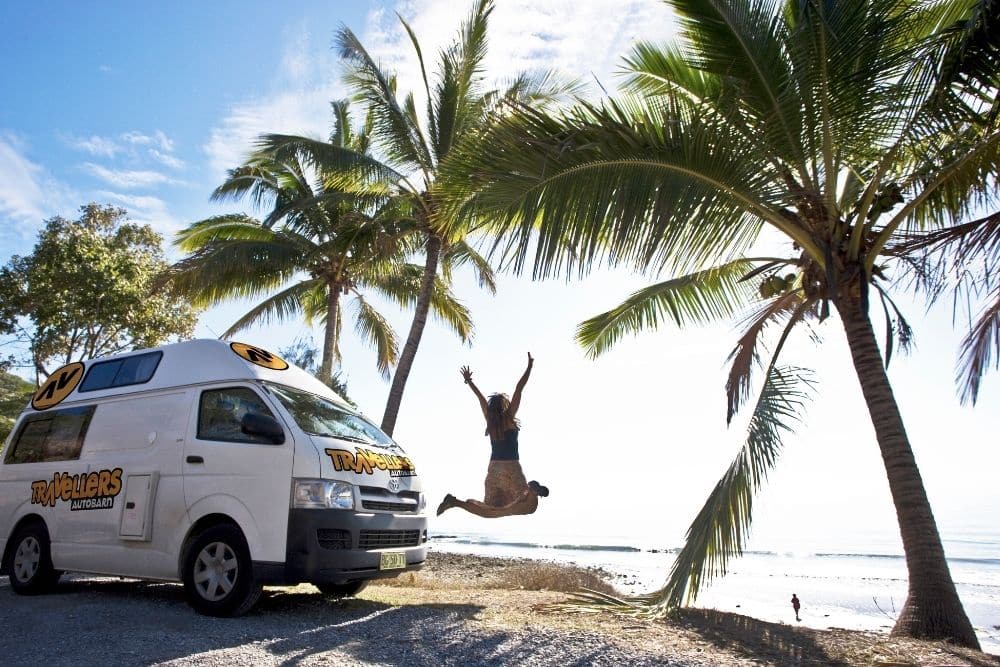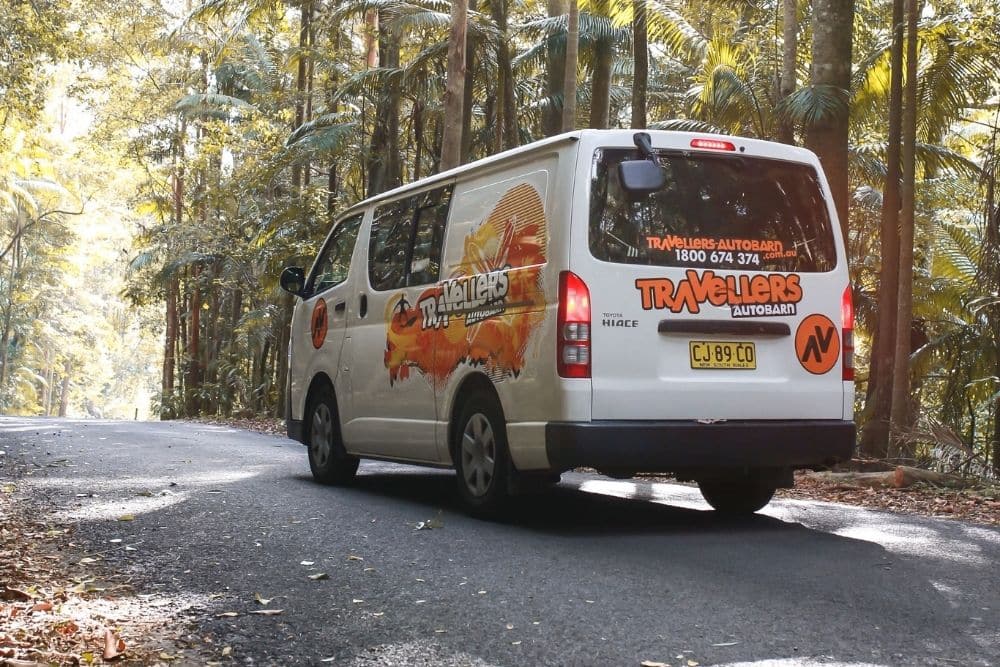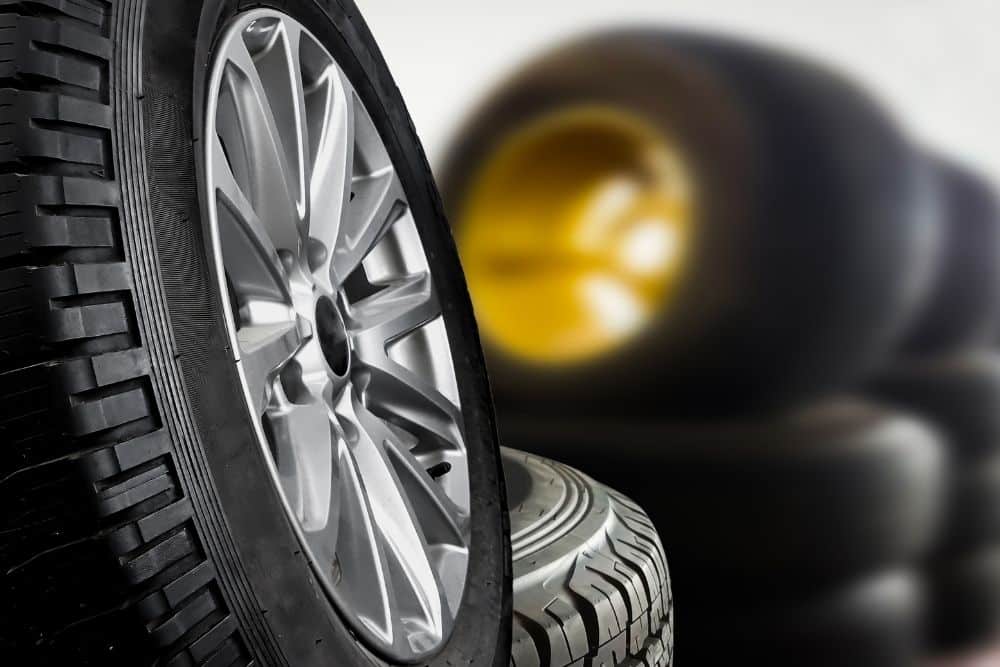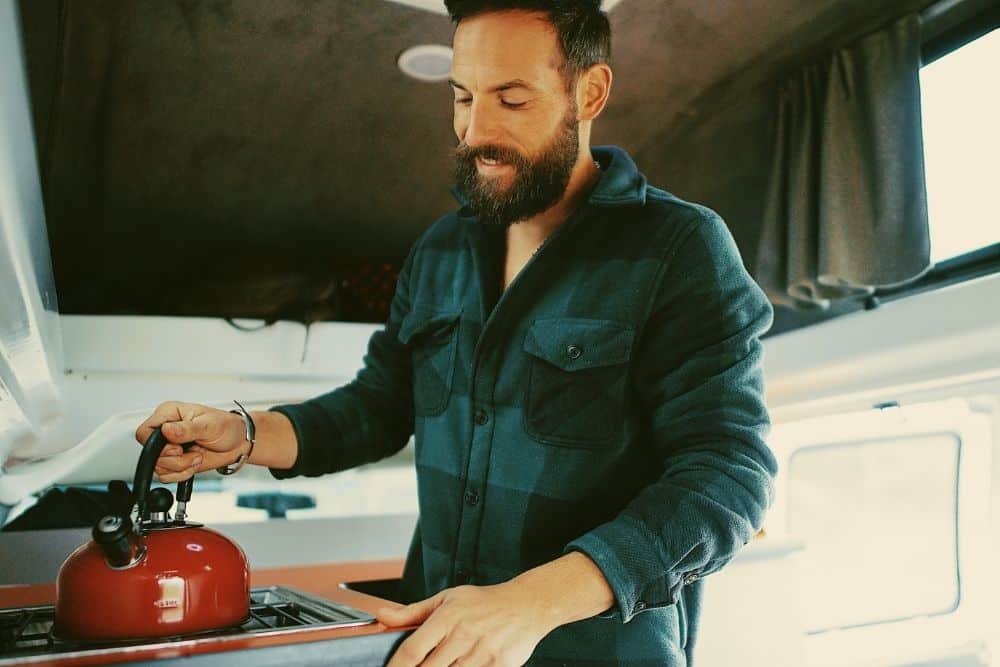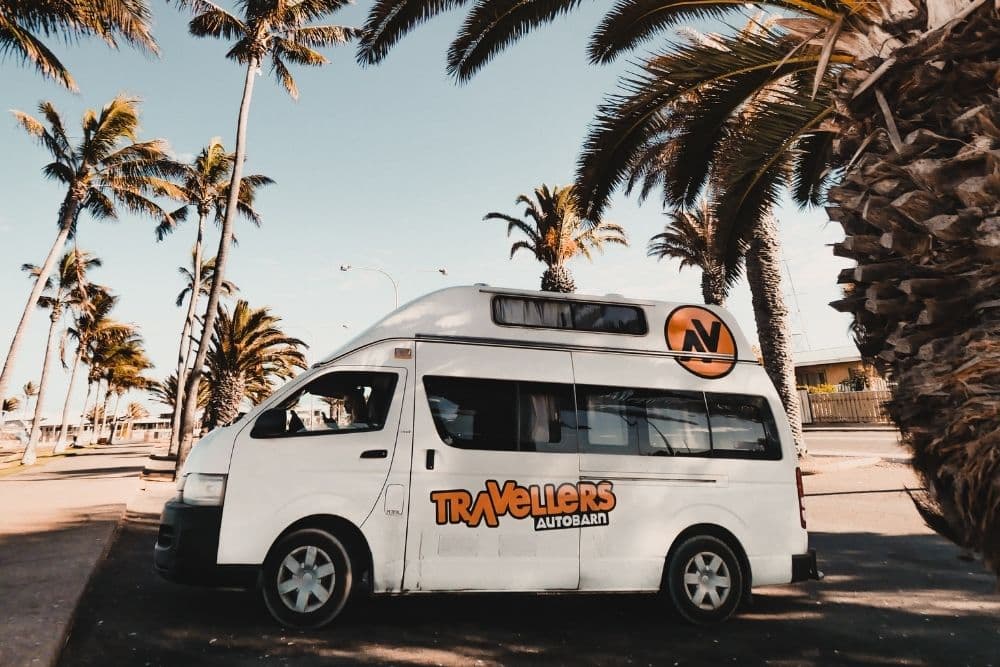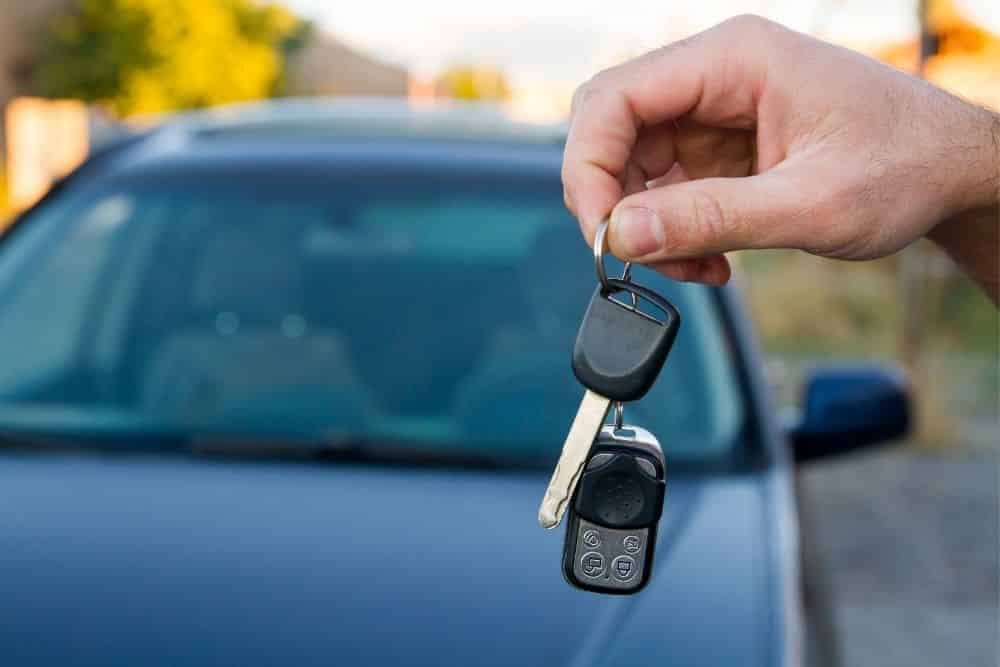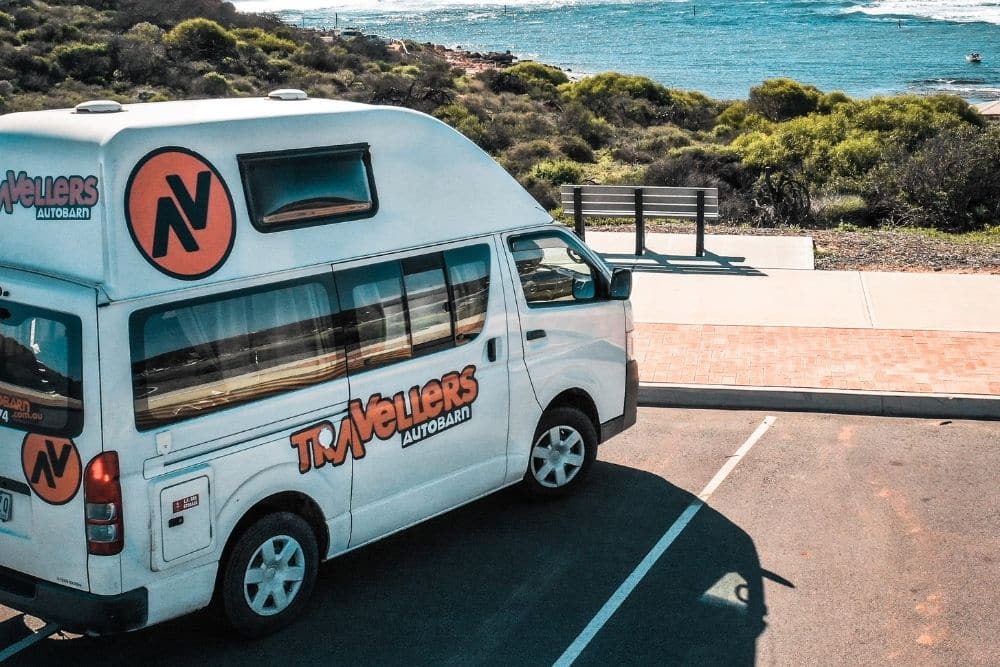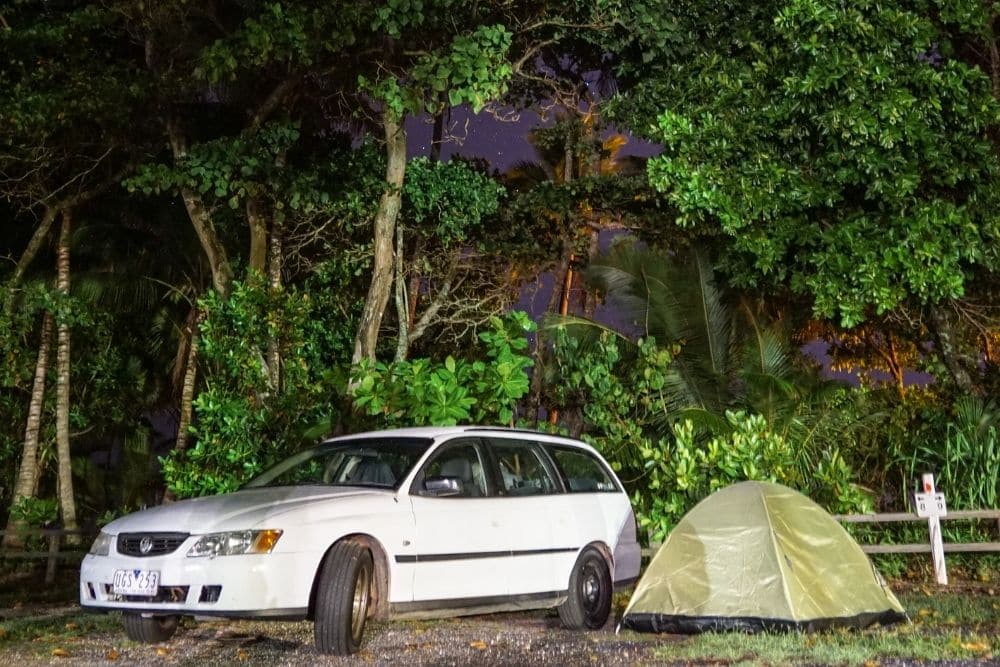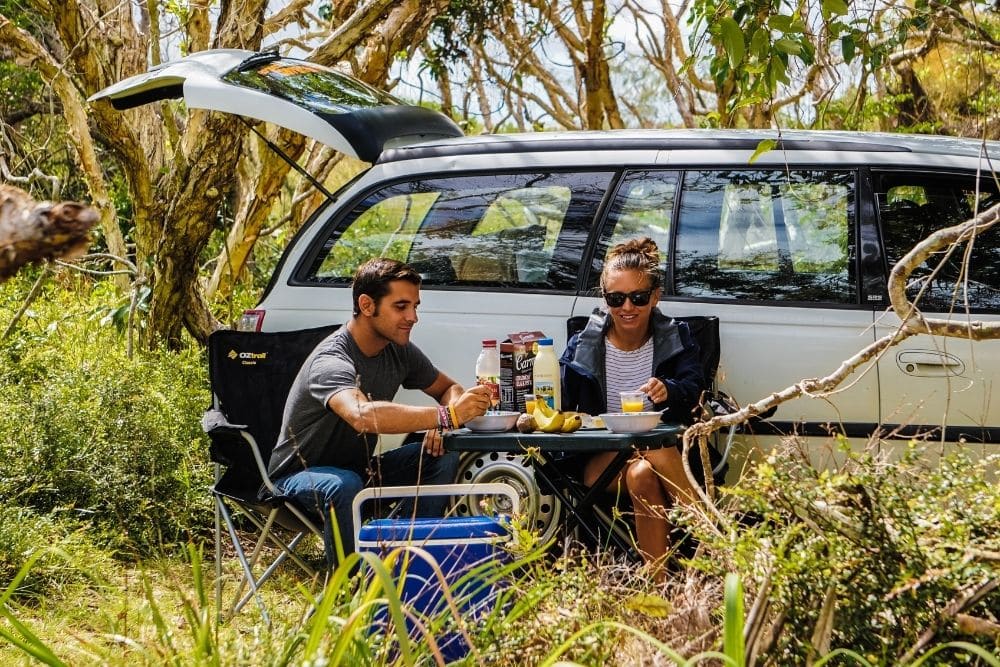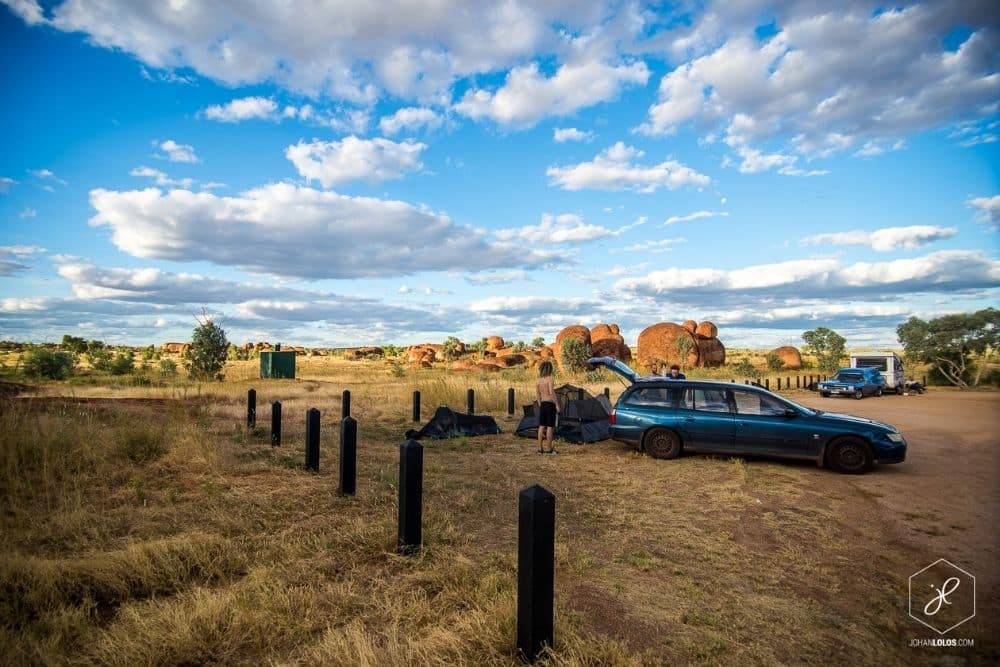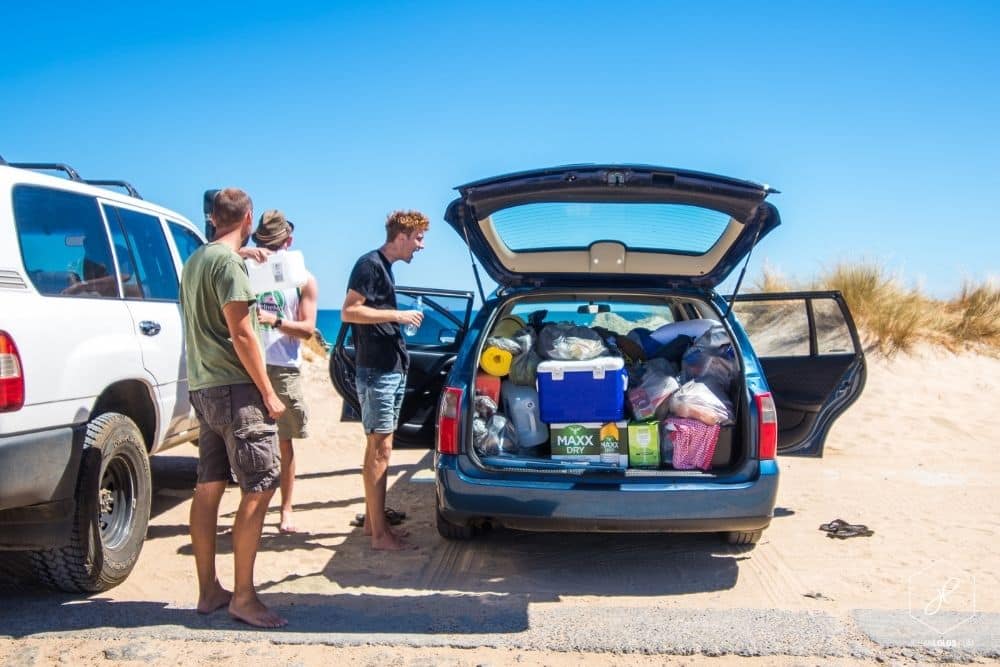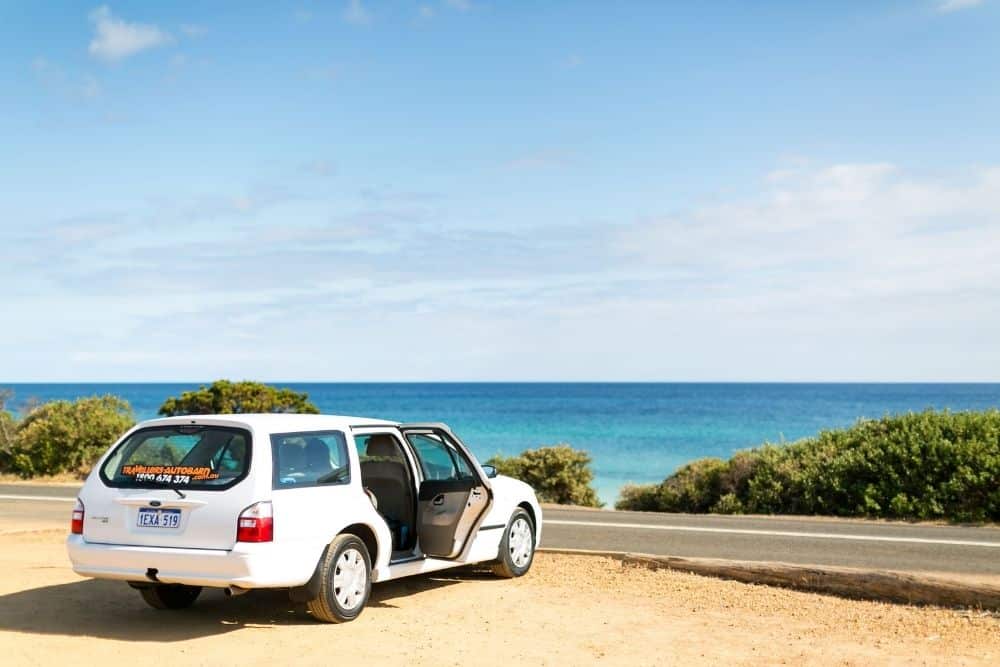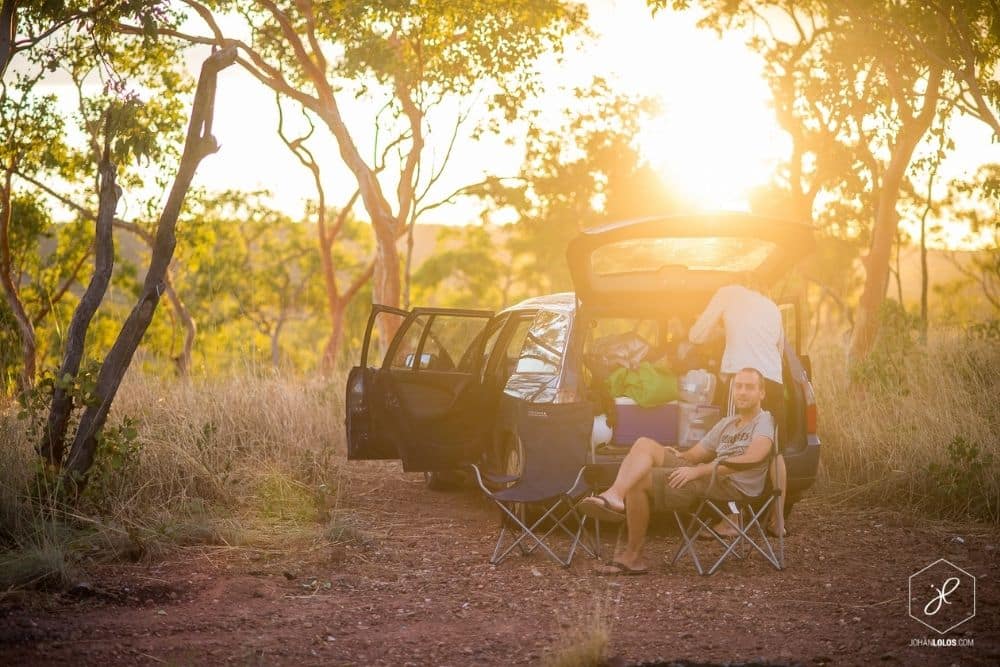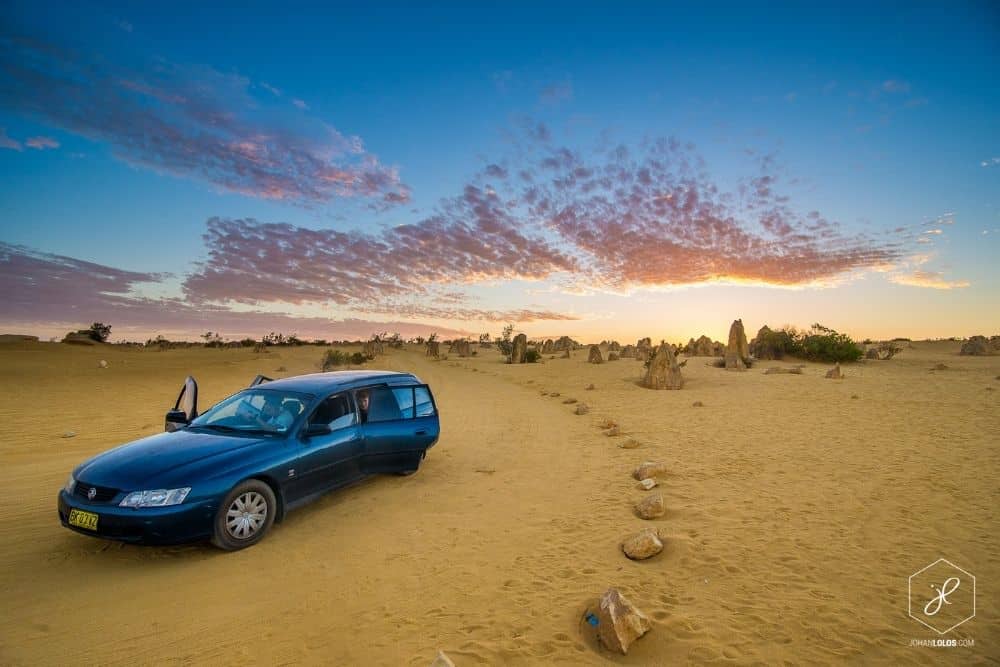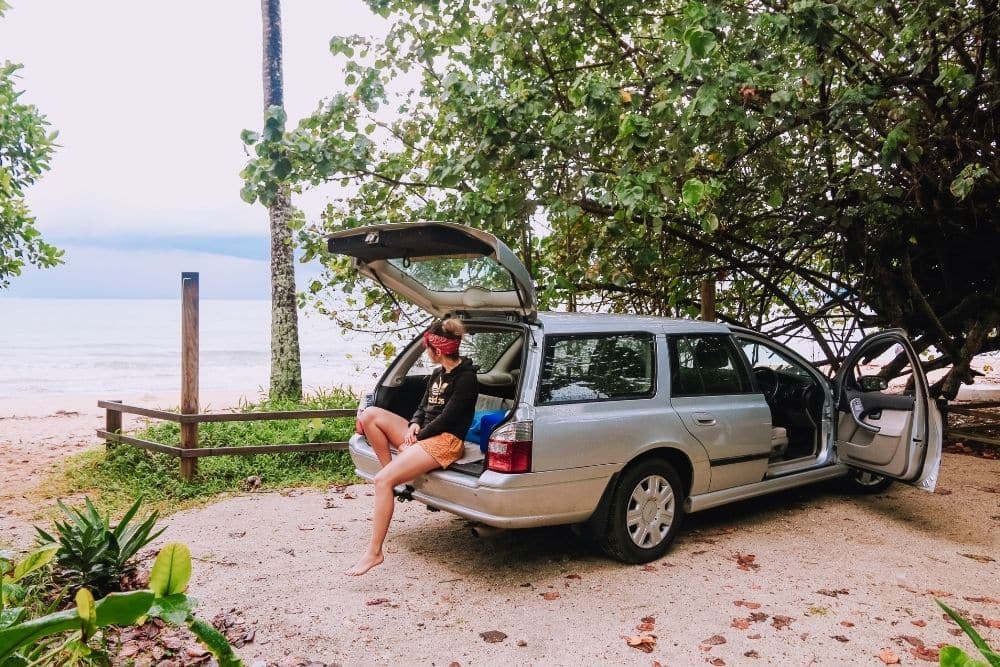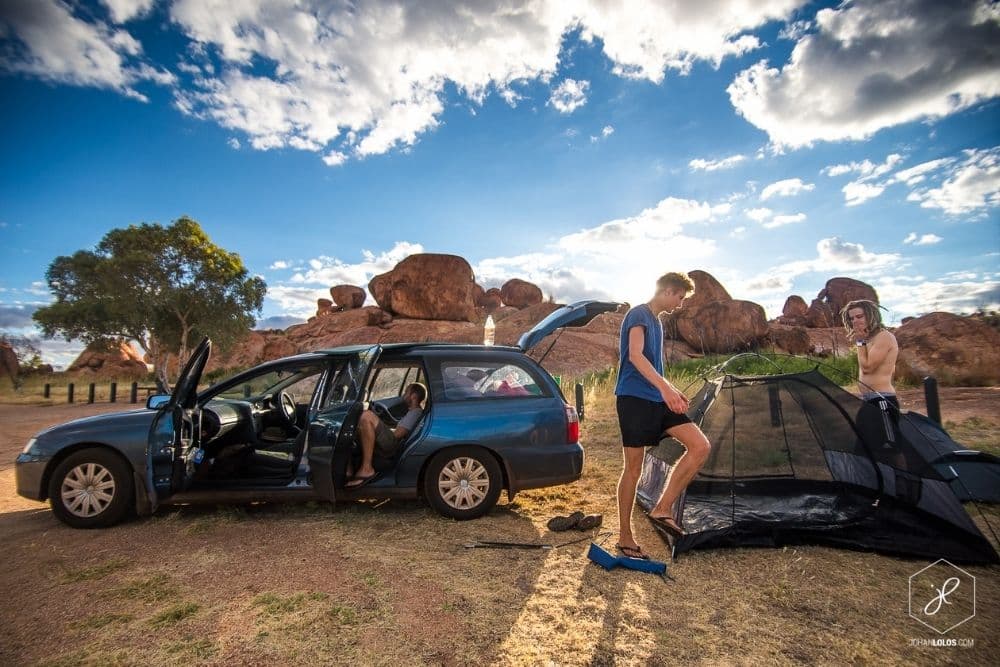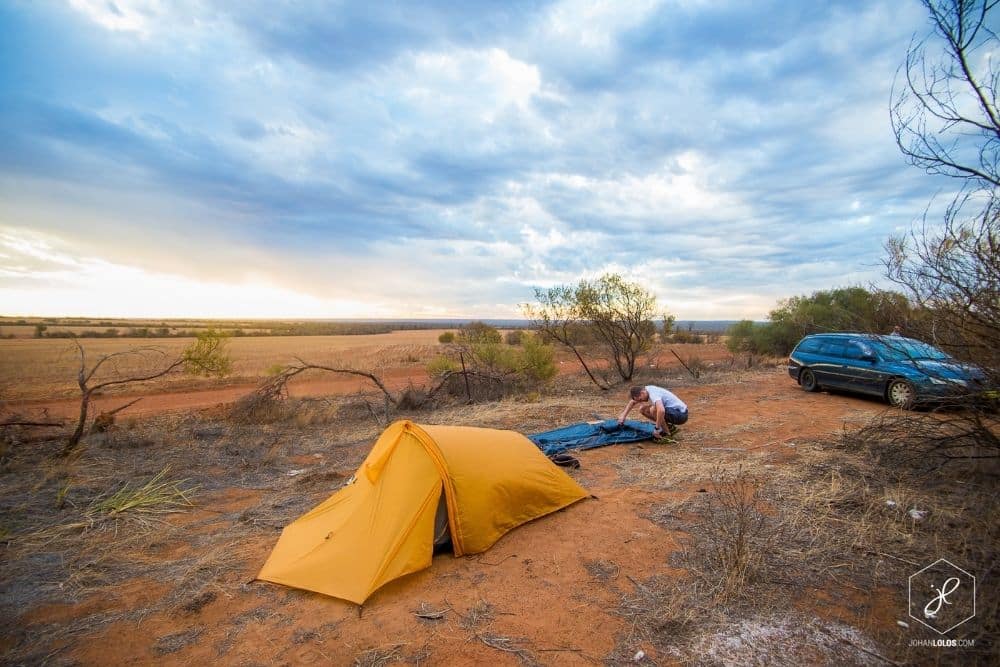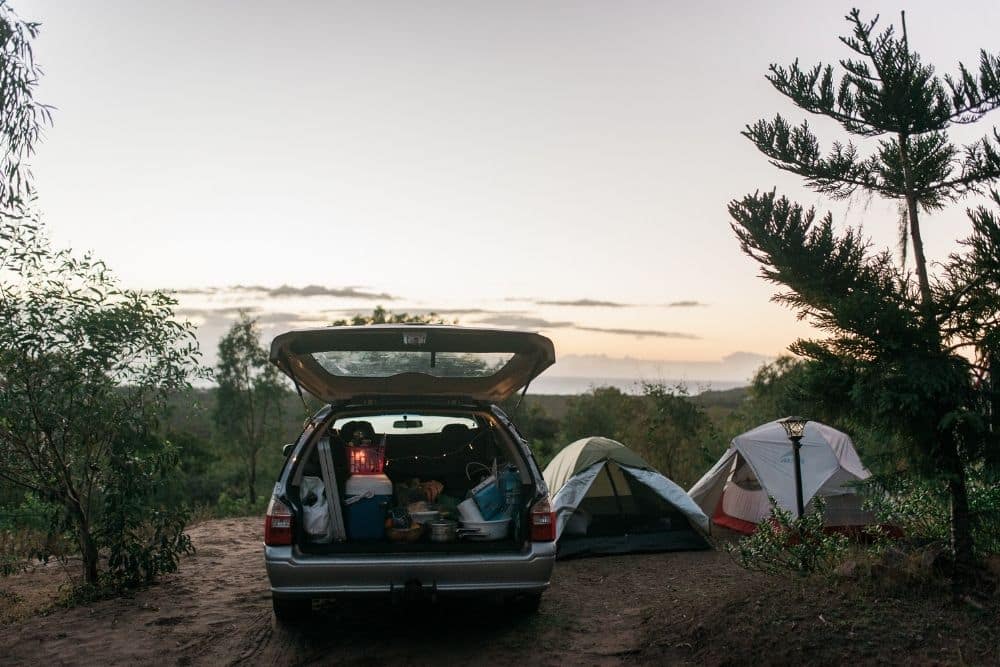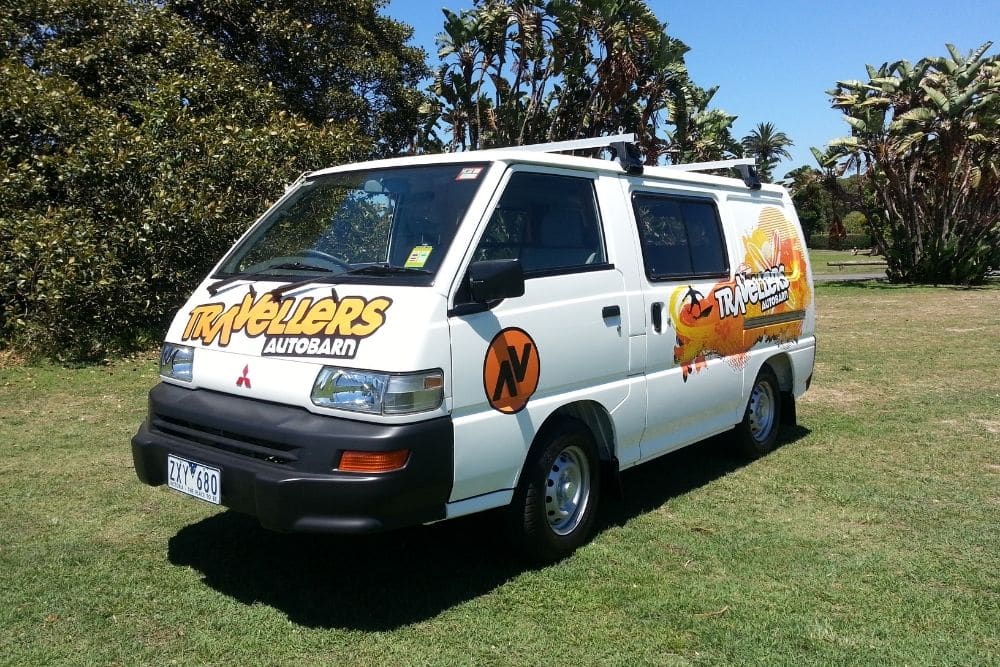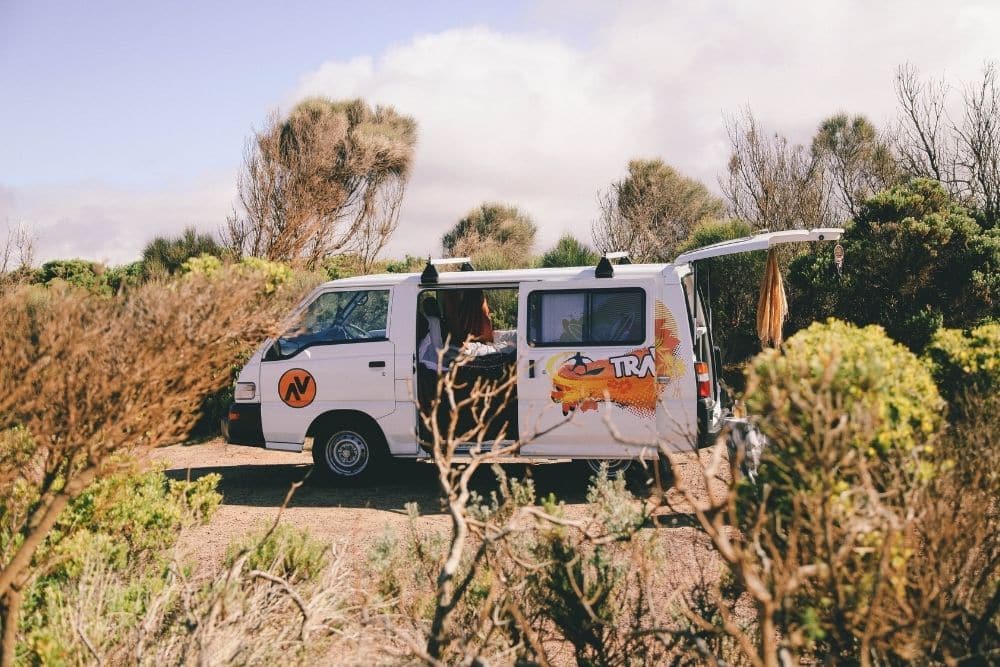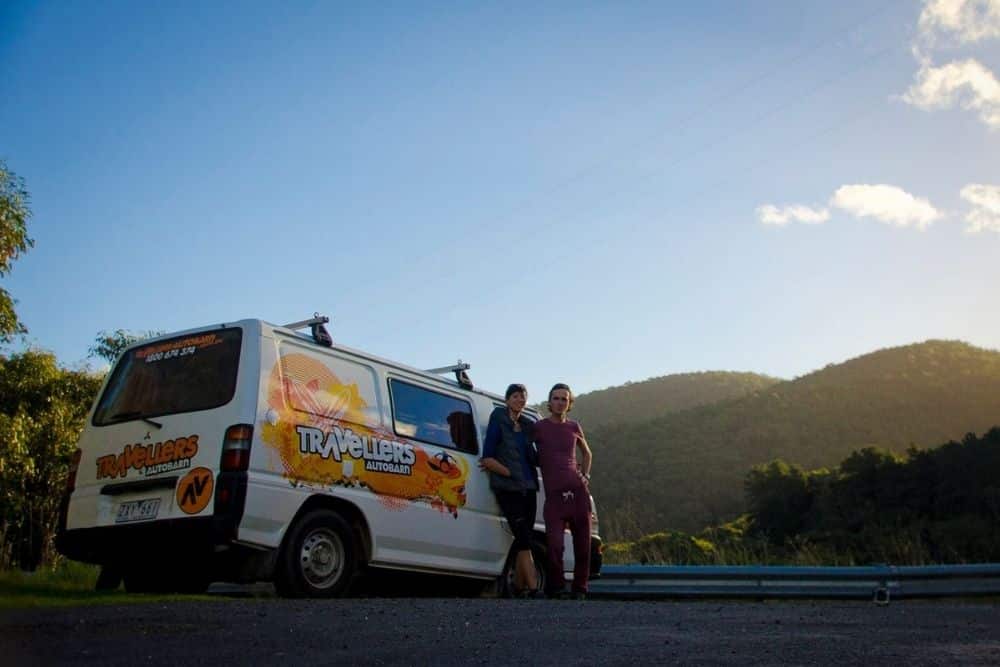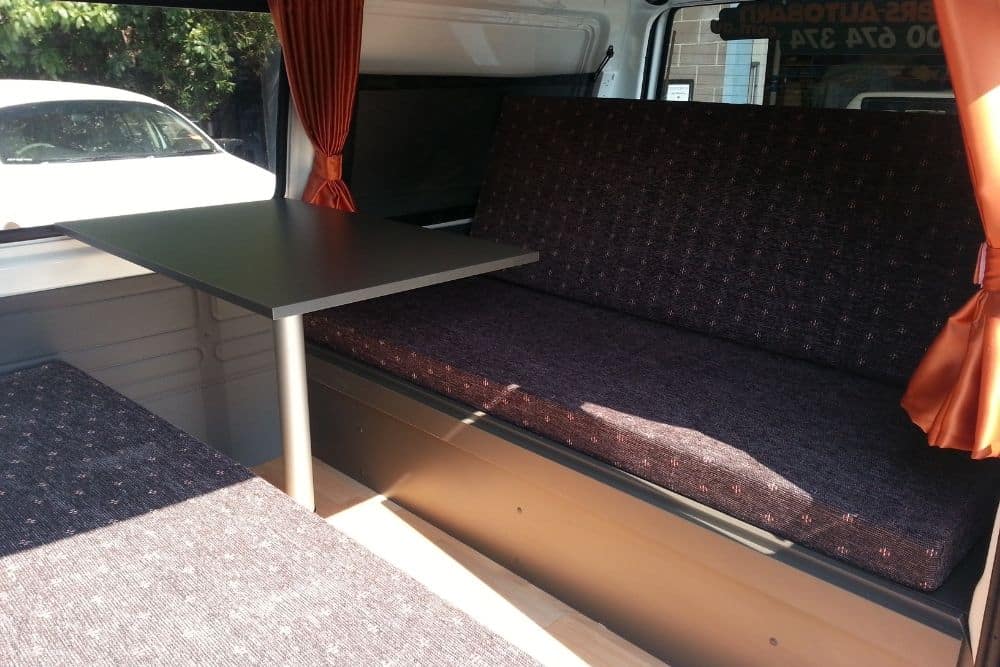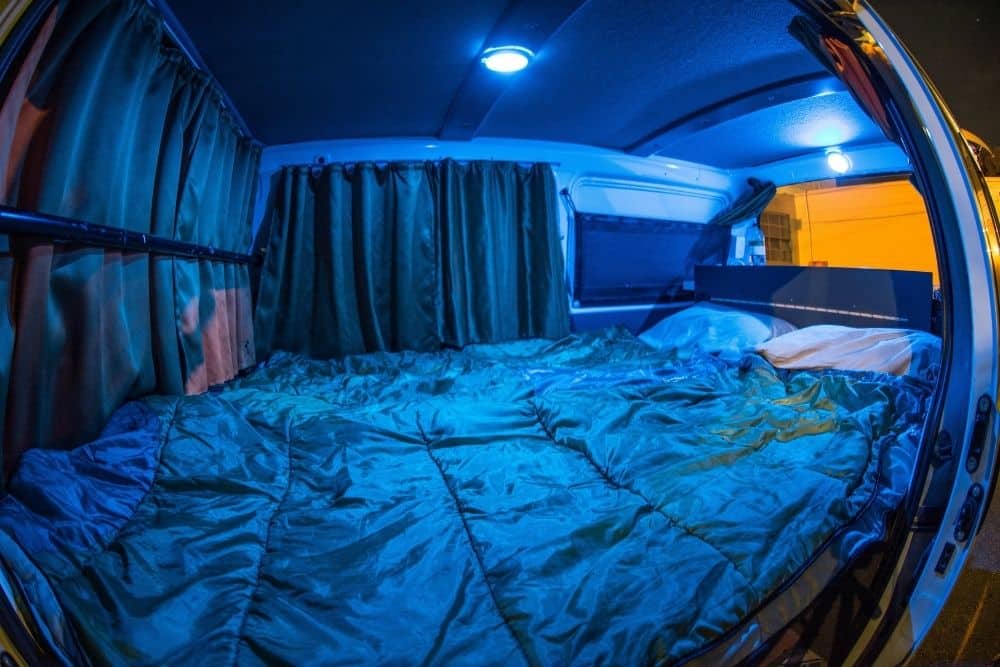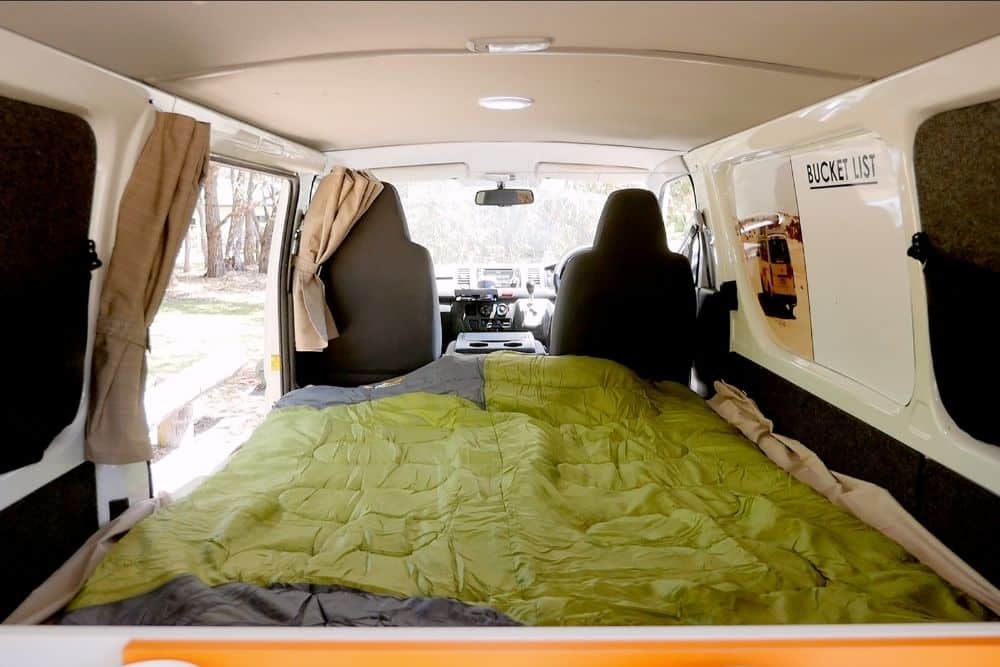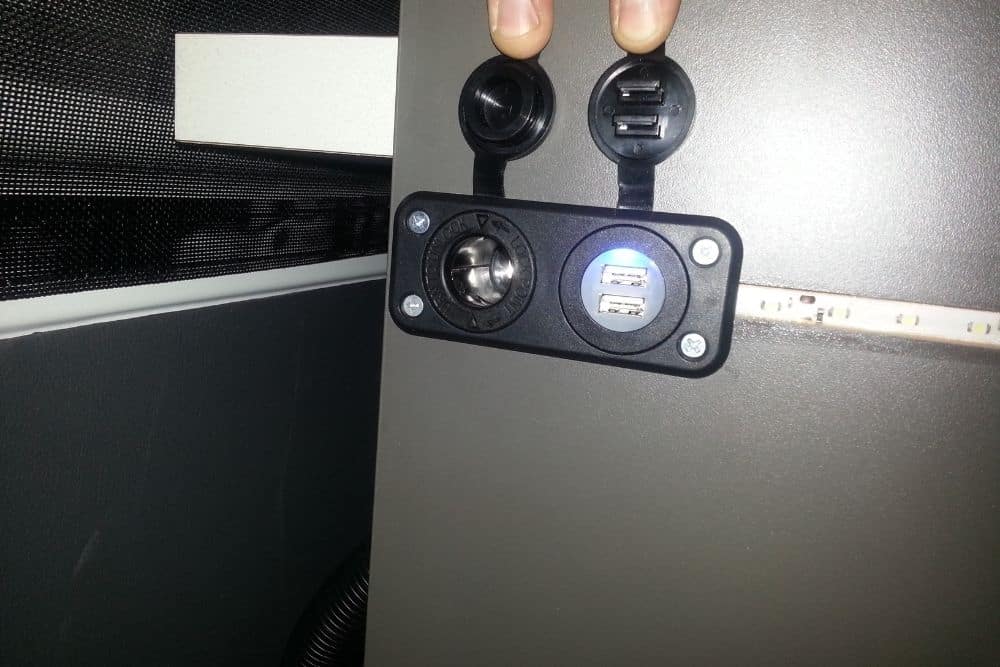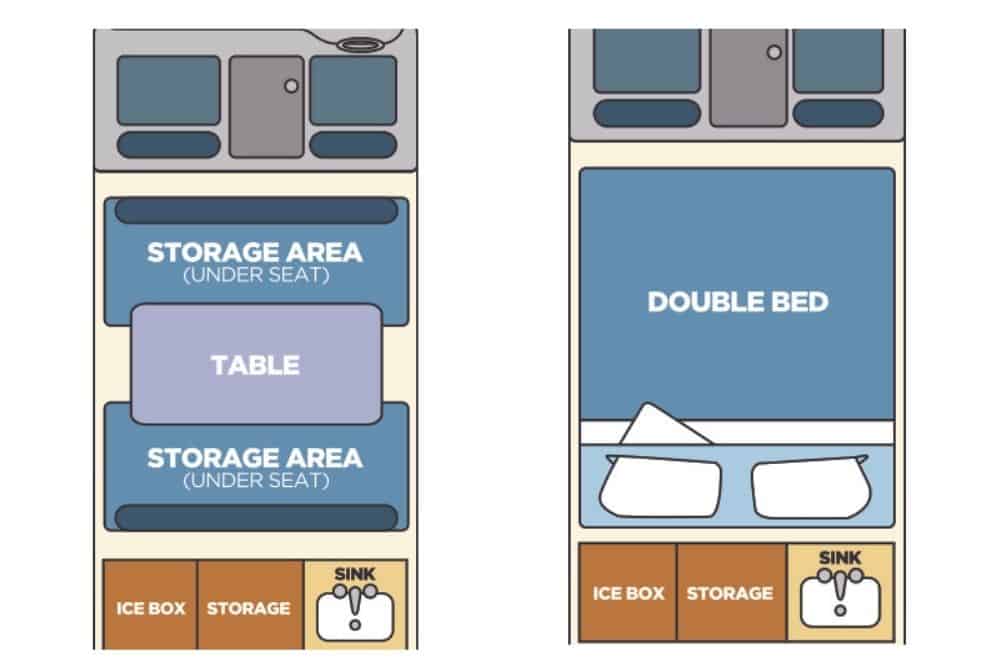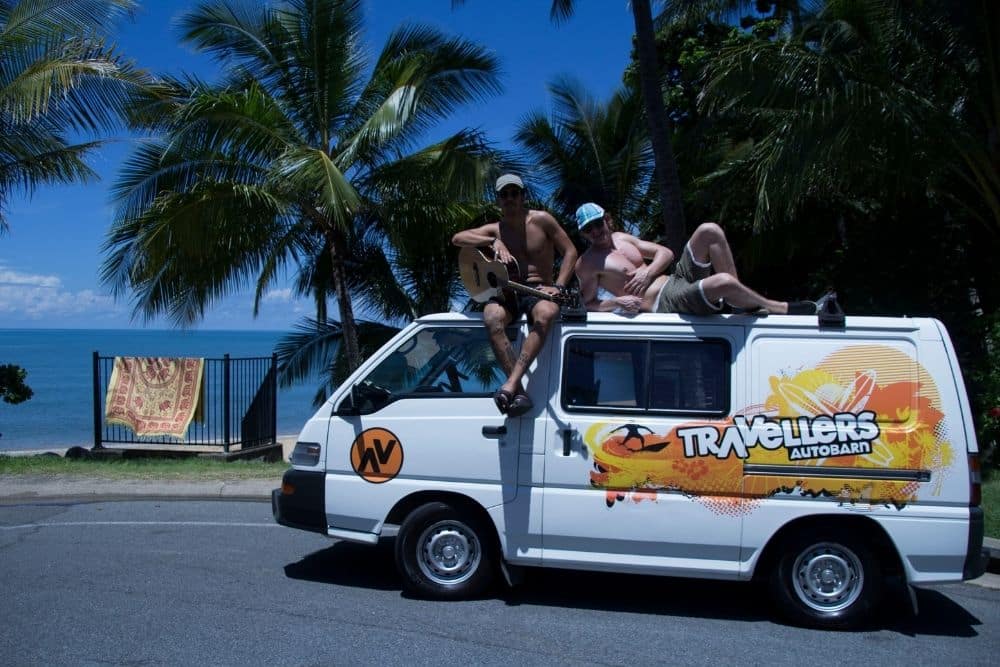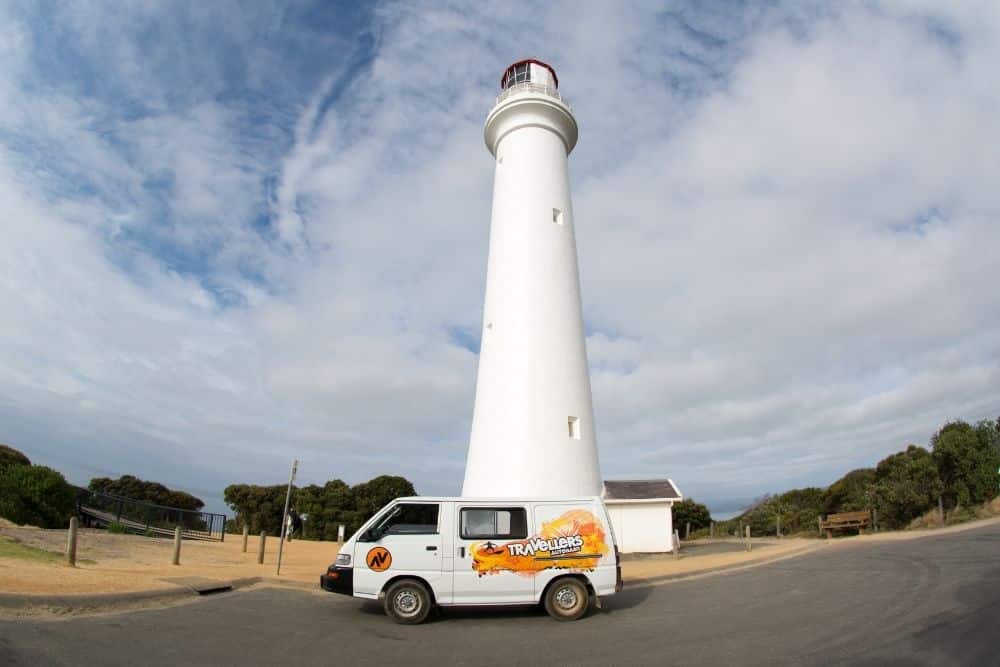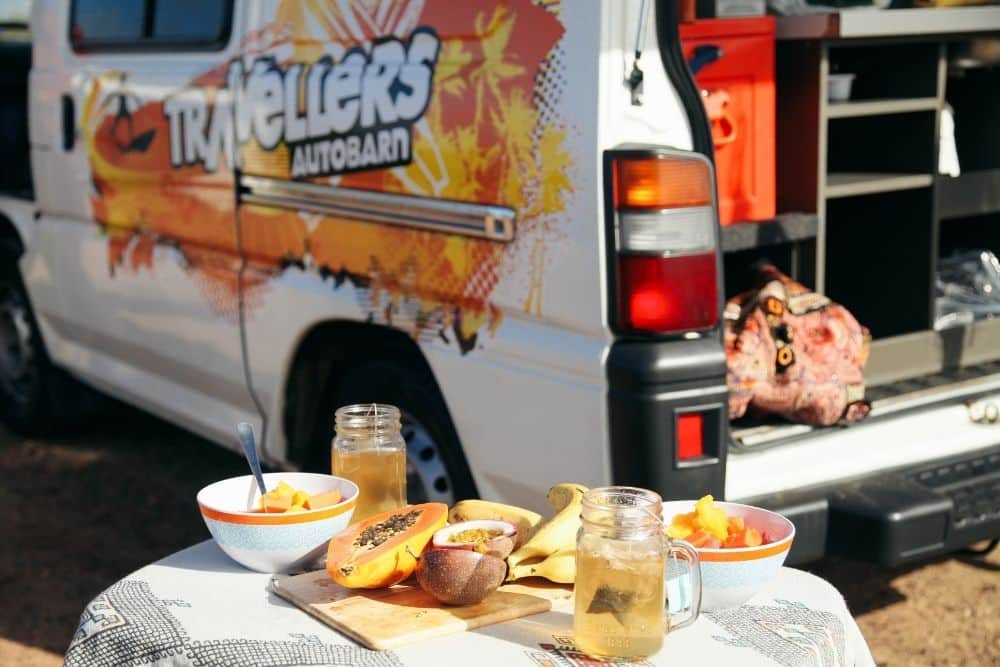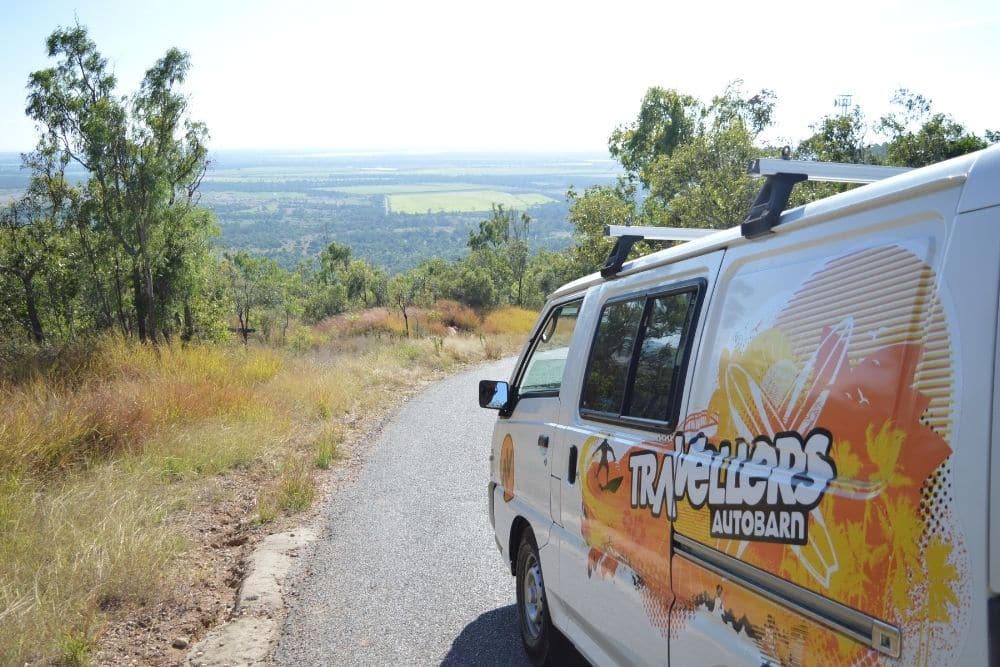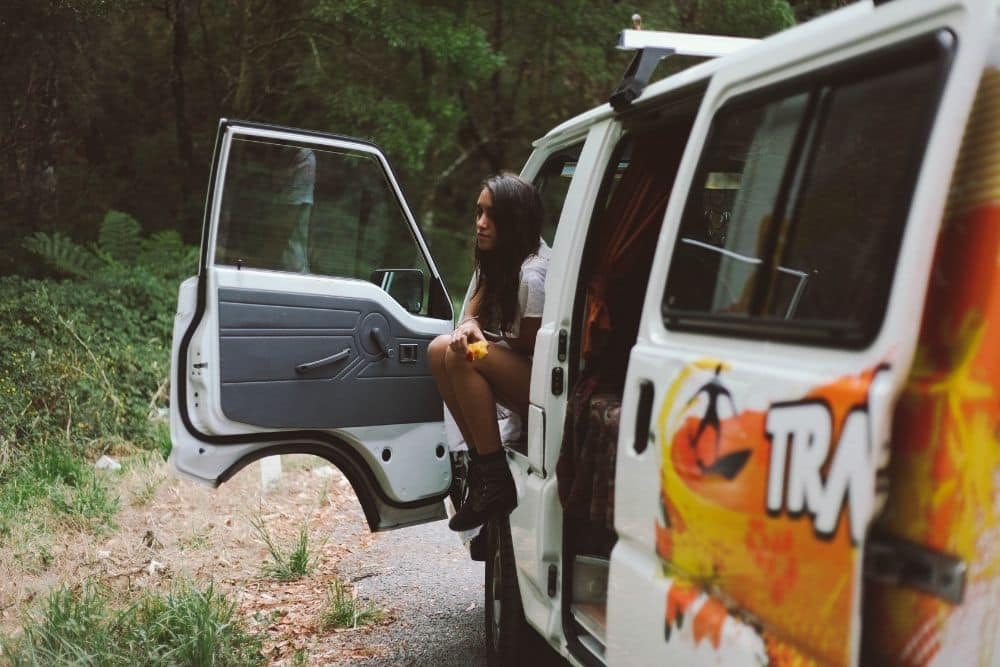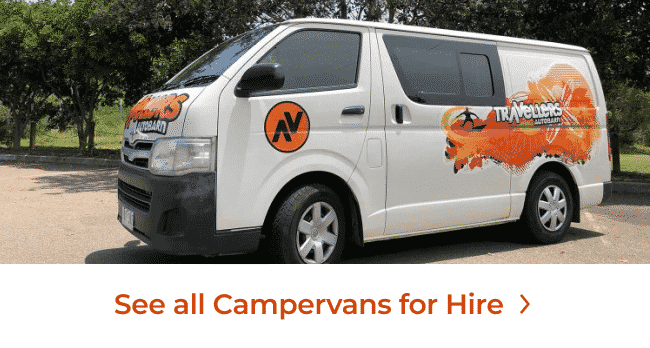Australia is a huge country, so you’ll soon realise that the best way to see Australia is in a campervan or car. You’ll have the freedom to explore anywhere and the vehicle to take you there.
If you are travelling for a considerable time in Australia and want to do it in a way that is both comfortable and economical, you should consider buying your own car or campervan.
In order to determine whether purchasing a campervan in Australia is right for you, you need to know a little more about what it involves and what to look out for.
With 7 million+ visitors each year to Australia, 645,000 of these are backpackers, it’s clear our sunny shores have plenty to offer travellers. From the bustling atmosphere at Manly Beach to the tremendous waves at Byron Bay, the coastal areas alone entice those who crave water sports. Once you start to delve further into the country, you’ll soon realise that the best way to see Australia is in a campervan or car. You’ll have the freedom to explore anywhere and the vehicle to take you there. Backpackers generally spend anywhere between weeks and months in Australia, which means they need to find a way of exploring Australia that’s both economical and comfortable. Rather than renting, we suggest buying a campervan in Australia! You always have the option of selling it on afterwards. It’s a win-win situation.
In order to determine whether purchasing a campervan in Australia is right for you, you need to know a little more about what it involves and what to look out for. Welcome to… The Ultimate Backpackers Guide to Buying a Campervan in Australia for the Journey of a Lifetime, we’ll cover the below and more:
- Choosing between a Wagon, Van, or Campervan
- Where is it cheaper to buy-Direct or Via a Dealer?
- Tips for checking the specs and safety aspects
- How to make sure your campervan is legally yours
- Kitting out your van
- How to sell your van or campervan
Choosing Between a Wagon, Van, or Campervan
When it comes to wagons, vans, and campervans they all have one unifying feature: an engine. When you buy one, you’re giving yourself the chance to move between places at your will, go at your own pace and explore even the most untouched destinations. There really is no better way to see Australia.
Unfortunately, not every option will work well for everyone. So, it helps to understand the benefits of all three.
Wagon
It’s perfectly possible to travel Australia in a wagon with two — or maybe even three — people. Unlike cars, they have plenty of space. Especially if you want to enjoy a good night’s sleep, you can transform the wagon into a portable bedroom by letting down the seats in the back, breaking out your sleeping bag, and cuddling up under the stars. Using a wagon means you can ditch the hostels and say hello to campsites, so there’s more flexibility when you’re going off road.
In some cases, your wagon will work well alongside an awning. As a result, not only will you have somewhere comfortable to sleep at night, you can create an additional living space that’s ideal for spending cosy nights socialising.
Van
A van is another purchase option when travelling around Australia. If you are wandering with your family and planning to stay in hostels, then a van makes a great option. Among all the vehicles in this list, they are your most cost-effective options. However, their limited interior may mean you will have to struggle with space, but you can always try if this option works.
If you want to maximise the usability of your van, you can always customise it with some added features. You can install tents and portable showers if you want to. With this, you will hardly feel that you’re not travelling in a van at all.
Campervan
When you choose to buy a campervan for your road trip around Australia, you separate your sleeping and travelling spaces. They feature ample storage for all of your worldly goods, so you don’t need to leave home without the essentials. Whether you want to swim amongst the marine life at Whitsunday Islands or dive to the Great Barrier Reef at Cairns, being able to find a campsite with ample facilities and electricity makes your adventures all the more comfortable.
Where Is It Cheaper to Buy a Campervan in Australia-Direct or Via a Dealer?
You can find lots of campervans for sale in Australia via private online sales websites like eBay, Gumtree, and Cars 4 Backpackers. On these sites, you can find real bargains, especially if the owner is planning to leave the country and is in a rush due to visa or flight restrictions.
But of course, if you want to assure absolute quality, it’s best to opt for car dealers. You’ll receive more protection under business law, and there’s a higher chance that the vehicle is more reliable and has passed safety standards.
Tips for Checking the Specs and Safety Aspects of Your Vehicle Purchase
Understanding the specs of your new car, wagon, or campervan will ensure you enjoy a hassle-free road trip. When you’re trying to navigate the challenging terrain of Australia’s wildnerness, you don’t want to be caught short by a vehicle that isn’t up to the job.
First, how many kilometres will it do per litre? How much is it going to cost for you to fill it up? Take a close look at those factors and see how much it’s going to cost for you to travel between each destination.
Other specs you need to look out for include:
- How many kilometres has the vehicle already done? Generally, the more it has under its belt, the closer it is to its next service period. On the same note, when did the owner last have it serviced?
- Is the person selling it actually the owner? Do they have any finance outstanding on it? Few experiences are more disheartening than finding that someone is waiting to seize your new purchase while you’re in the middle of the trip of a lifetime.
- What does the logbook tell you? In addition to providing information about the service history, advisory notices, and roadworthiness, it will come with a pink slip. It’s worth noting that this information is particularly pertinent when you want to insure it.
Next, you need to get down and dirty. You have a couple of options here. First, you could bring a mechanic along with you to check out the vehicle. Seeing as they’re in the industry of getting paid and meeting high safety standards, they’re going to tell you if something is wrong. When it comes to professionals who can reveal less-than-honest sellers, they’re your best friends.
However, if you feel like taking a look at the vehicle yourself, you’ll be pleased to know it doesn’t take a genius to spot some of the worst problems. Here’s a quick overview of some of them:
Does It Have a Roadworthy Certificate?
There are no circumstances where it’s sensible to accept a vehicle that doesn’t have a roadworthy certificate. If the seller doesn’t have one, there’s a high chance that the vehicle isn’t roadworthy and they want to sell it and run. At the absolute best, they’re just a bit disorganised. However, as there’s no shortage of campervans for you to buy, it isn’t worth taking the risk.
Is the Vehicle Registered?
When driving on an Australian road, it is important that a vehicle should be registered. If caught driving an unregistered vehicle, a hefty fine can be issued.
The cost for the registration of a vehicle, or “Rego” for the Aussies, varies depending on the vehicle type and the state where it will be registered. Each Australian state has its own government website where you can check the fees and other requirements for the registration. Do your research ahead and check the website for which specific state you are planning to buy and register the vehicle:
- Victoria – VicRoads
- New South Wales – Roads and Maritime Services
- Queensland – Department of Transport and Main Roads
- Western Australia – Driver and Vehicle Services
- Northern Territory – Motor Vehicle Registry
- Australia Capital Territory – Access Canberra
- South Australia – Transport Vehicle Registration
- Tasmania – Transport Tasmania
If you are getting a vehicle that already has a rego, then you need to pay a transfer fee of $16 – $21, depending on the state you’re in, within 14 days of buying the car. Otherwise, you’d be fined.
Do the Owner’s Details and Financing Check Out?
Even if your seller seems as trustworthy as a police officer, don’t take their word for it when they say that they’re the vehicle’s owner. Check the registration using a certificate, and look out for outstanding financing using Revs. On the money note, are you paying too much? Or, maybe you’re paying way too little? Using Redbook, you can check for either circumstance. If it turns out that they’re selling the car at a shockingly cheap price, you need to question why.
Keep an Eye Out for Leaks
Nobody in the history of common sense has purchased a car or campervan that’s leaking without expecting it to fall to pieces rapidly. If the car has been stationary for a while, look beneath to see if there are any patches of water or oil. While you’re there, check to see if any parts are hanging down.
Fluid Levels
Pop open the hood, look at the coolant level and then check out how much oil is in there. Okay, you can top up the oil easily. But if the coolant is full of gunk and you find yourself facing a car-cum-sauna in the midst of the outback, you’ll wish you’d purchased a more roadworthy car.
Do Your Walk Around
Much like a pilot inspecting their aircraft, you need to do a walk around to look for signs of damage. Small dents could indicate an accident, and while it doesn’t look like much from the outside, it could signify some structural problems on the inside. While there, check for rusting, loose exhaust pipes, and anything iffy underneath the bonnet.
It’s Time to Turn on the Engine
If a seller isn’t letting you buy their car without having a test drive, run rapidly in the other direction. When you do perform a test drive, how easily does it move between gears? If you feel the car starting to pull or grind when you’re in third or fourth, the gear box is probably due for a replacement.
Make the most of shop windows to look for lights that aren’t working and excessive volumes of smoke. Listen out for unusual sounds, including squeaking and whirring. Take a look at the dashboard, is the ECU light showing? While some sellers will put this down to a computer fault, you don’t know if that’s true until someone tests the vehicle.
Finally, make sure the break and the hand break are working. If the brake feels spongy, it isn’t going to do its job when you need to stop suddenly for sleepy wildlife in the midst of the Australian countryside. Even worse, when you need to strike that fine balance between using your clutch and a break to stay stationary on a hill, rolling into the driver behind you won’t make anyone happy. As for the hand break, your new campervan will soon start rolling in all kinds of directions if it’s pulling up too high or not making its way up at all.
It’s Time to Make Sure Your New Campervan Is Legally Yours
If you’re backpacking through Australia and buying a campervan rather than hiring one, you need to make sure it’s legally yours. With the exception of Tasmania and Western Australia, you have a 14-day period to transfer the ownership. Otherwise, your time limit is 7 days. As for the address, it’s okay to register it to the campsite or the hostel that you’re staying at when you purchase the vehicle. But, make sure you keep all of the documents so that you can pass them onto the next person.
The next stage is making sure your campervan is insured. Some companies provide temporary car insurance, so make sure you invest in it before you start hitting the road.
Now that you know your new campervan is safe, how are you going to kit it out?
All of that effort may seem like a bit of a headache, but if you’re going to relax into driving your new campervan you’ll need to tick all the right boxes. From there, it’s time to customise it.
Investing in Campervan Essentials to Make Your Trip a Dream
While spacious campsites come with their own conveniences, you may need a few home comforts to make your backpacking adventure enjoyable. Even with the best of campervans, it isn’t unusual to feel as though you’re suffering from cabin fever. So invest in decent awning that’s able to weather moisture and rust. By extending it from your campervan, you have an outdoor living area that allows you to fully immerse yourself in the great outdoors.
Start Customising Your Storage Needs
Thanks to their spacious nature, campervans come with ample storage anyway. But does yours have everything you need for your travel purposes? Could you do with a roof box for surfing equipment? Will under bed storage benefit all of your photography essentials? If you’re heading into the wilderness for weeks at a time, could you manage suspending some items from the ceiling so that your cupboards have plenty of room for food? Storage goes a long way when it comes to ensuring your campervan remains comfortable.
Waterproofing and Temperature Control
With weather conditions varying throughout Australia, you may need to spend a little more time waterproofing your campervan. This is especially the case when it has an extendable roof, which might not protect against damp versus those that are completely solid. Using reflective panels to keep the sun out while you away ensure you return to a cool vehicle after each day of exploring, and removable insulation allows you to adjust the temperature without subjecting yourself to boiling hot conditions throughout the year.
What to Do When the Time Comes for You to Sell Your Van
Like all great things, your Australian adventure will come to an end. As you may have guessed, you can’t simply dump your campervan and run. You’ll need to sell the thing!
To make sure everything goes smoothly, join a selling network in advance of your proposed sale date. Advertise the campervan along with the date where you’re happy to part with it, but make sure you aim to rid yourself of it one or two weeks before your flight. Buyers can sometimes be flaky, so if they back out you may find yourself having to choose between missing your flight or leaving and abandoning the van. Travellers Autobarn does offer a guaranteed buyback program. The basis of the agreement is that we will guarantee to buy back the vehicle you purchase. Apart from the bodywork and the windscreen, the mechanical condition of the vehicle upon return will NOT affect the buyback option. This will give you peace of mind when selling your vehicle.
There are plenty of options to sell your vehicle, all we can suggest is to be organised and plan.
A lot of effort can go into buying the most perfect vehicle for your road trip, a campervan, car, or wagon. Always remember to check the specs and safety, make sure you pick a vehicle to suit your needs, kit it out with everything you need and leave time at the end of your trip to sell. If you would like to speak with one of our friendly staff about buying a wagon, van, or a campervan, touch base with us.
For more exciting Guides including road trips, guides to camping, budget camping and more, come and explore today.
About the Author
Bastian Graf
Bastian is the Sales & Marketing Manager here at Travellers Autobarn. He holds a Master of Commerce in Marketing and International Business Management, and 20+ years experience in campervan hire, road trips and travel.







